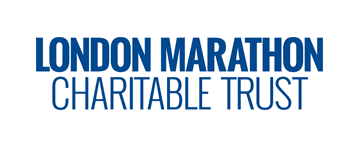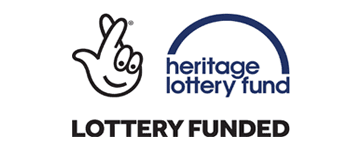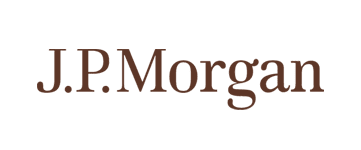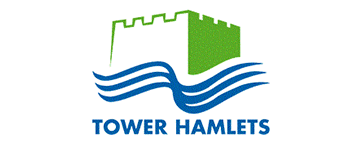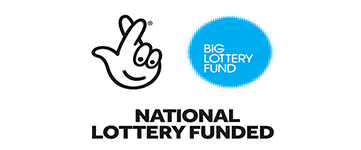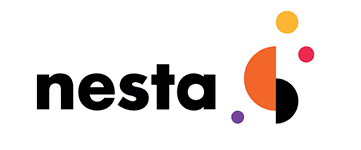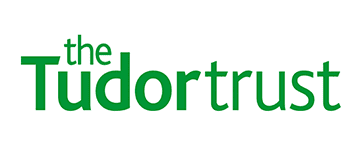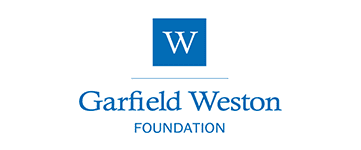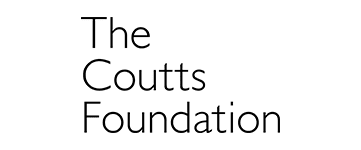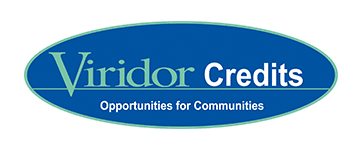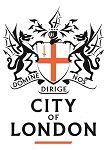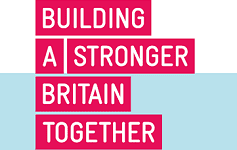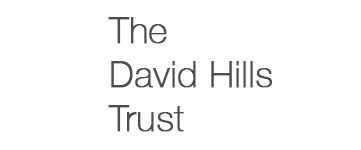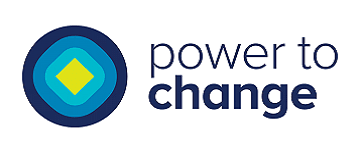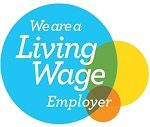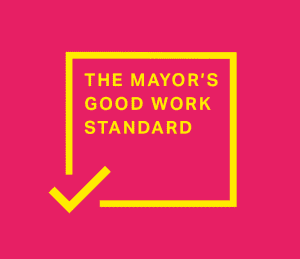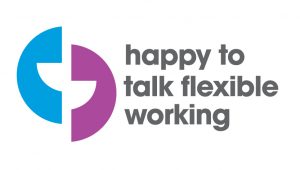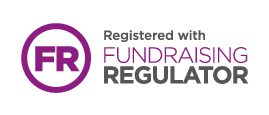Amplifying Black voices in the legal profession: Adaora Echedolu
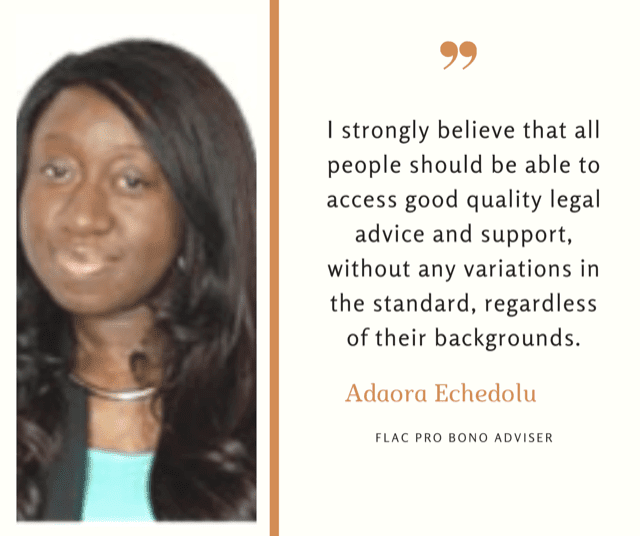
Adaora Echedolu shares her experiences as a Pro Bono Adviser at our Free Legal Advice Centre and as a Black legal professional
A crucial part of our work at Toynbee Hall is providing wider access to justice to the communities we serve to create a fairer and happier society. Our Free Legal Advice Centre (FLAC) has been providing free, expert legal advice since 1898 and the service has always relied on the dedication of pro-bono volunteers. This month, in honour of Black History Month, we want to celebrate the impact and contribution of Black volunteers.
We asked Black legal professionals who give up their time to offer free legal advice, to share their experiences of volunteering at FLAC and how their racial and cultural background has influenced their approach to providing essential legal support.
We interviewed was Adaora Echedolu, FLAC Pro Bono Adviser.
What volunteering role do you have at FLAC?
I am a legal adviser at FLAC with a specialism in the area of Family/children and I am also accredited as an OISC level 1 immigration adviser.
Why do you volunteer at FLAC and why do you think pro bono volunteering is important?
I have been a legal practitioner for many years and my natural vocation and passion is indeed for advice and support work. This together with the knowledge that quite unfairly there are significant issues with access to justice meant that I was enthusiastic in my desire to volunteer my services in the provision of free legal advice. I was impressed by FLAC’s commitment to serving the community and the quality and variety of service it provides. Pro bono volunteering is very important in this current climate because over the years there has been a gradual reduction of legal aid available even in the most desperate, upsetting and complex cases. There is an unfairness that irrespective of merit many people are deemed not entitled to public funding for their cases and for that reason do not get the support they need to pursue their legal matters. This means that there is no access to justice for all including those most in need of the support. Pro bono work is therefore a wonderful way not only to give back to the community but to try to fill in the gaps with access to justice to those in need of this in the community.
What’s your favourite part of volunteering at FLAC?
I find supporting clients at FLAC incredibly rewarding. I am used to working with clients over a period of time and engaging in ongoing one-off advice. At FLAC assistance is generally provided on a one stop shop basis. However, I can say with ease that my favourite part of volunteering with FLAC is the feeling of making a positive difference even during one off sessions. It is satisfying to see that assistance given in these sessions alone can move a client from feeling desperately anxious and helpless about their situation to them leaving with a much more empowered and confident mind set and that in addition steps to follow up on will improve and address their situations further.
From your experience, if you could change one thing to improve access to justice for people in the communities FLAC serves, what would it be?
Unfortunately I do feel that a lot comes down to funding when it comes to improving access to justice for the people in our community. Outside of the wider desire to see a change from the top down in the governmental policies which currently serve only to restrict access, I would like to see more funding provided to organisations like FLAC for additional much needed resources but also to enable more of these organisations to exist across a community. This would hopefully balance out the demand with the supply and ensure that with more supply there will be more less pressure on surgery slots and turnaround times which can sometimes be frustrating for clients.
Do you feel your racial/cultural background has influenced the way you approach pro bono assistance? If so how?
I strongly believe that all people should be able to access good quality legal advice and support without any variations in the standard regardless of their backgrounds. However, having undertaken legal advice and support with a diverse client base over the years I have seen that racial/cultural factor and biases can play a part in the escalation and approach that is taken in cases. I suppose that my own racial and cultural background has made be more alert to the disadvantages and discrimination that may be at play on occasion. This enables me to be empathetic of this and where it is relevant to take an approach which is not blind to this and aims to tackle and challenge this aspect in cases to encourage a fairer approach that is freer from racial/cultural prejudices.
Supporting young Black people with aspirations in the legal profession
Much has changed since since we began offering free legal advice 122 years ago but sadly structural racism still exists in society and in the legal profession. Toynbee Hall and our longstanding corporate partner Cleary Gottlieb Steen & Hamilton LLP are committed to eliminating all forms of structural racism and maximizing opportunities for Black lawyers.
That’s why this month to coincide with Black History Month, we launched the Champions Project – a programme for black people in Tower Hamlets at university, or who have recently graduated—both aspiring to become lawyers or are interested in one of the many professional careers in an international law firm. Participants in will be matched with a colleague within their London office as a means of widening access to law firms and creating positive change within the legal profession.




